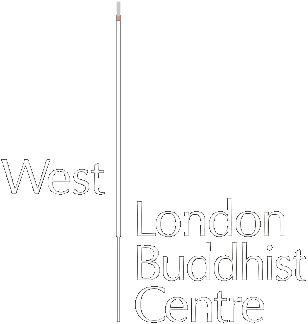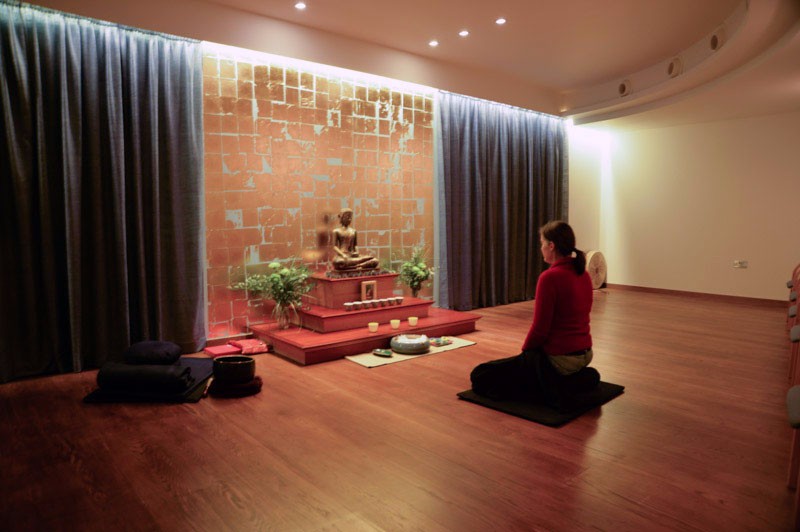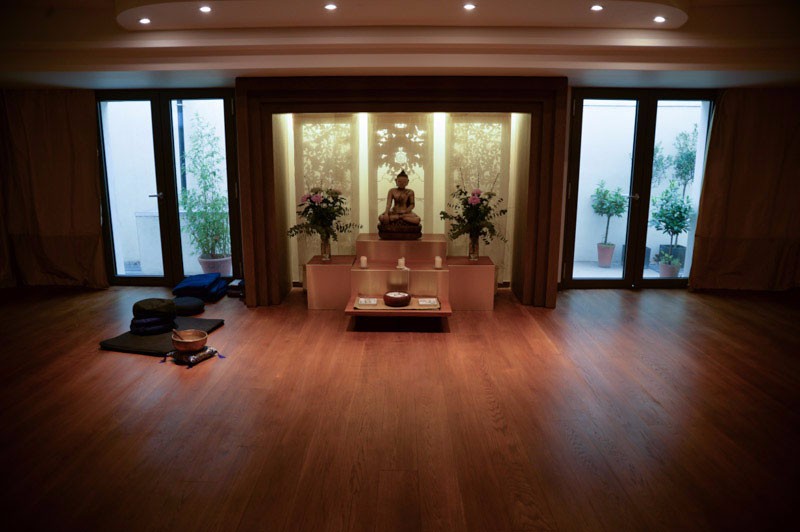About Buddhism
Here are some FAQs and some attempts at answering them.
How do you become a Buddhist?
Basically you become a Buddhist when you decide that is something you are. Traditionally, you become a Buddhist when you ‘go for refuge’ to the Buddha as representing the Buddhist goal of Awakening, to the Dharma, which is the Buddha’s teachings, and to the Sangha, the community of the Buddha’s followers. What this means is that you decide to make the practice of Buddhism central to your life and you do so in the context of a particular group of Buddhist practitioners who will give you the support you need.
Is Buddhism a religion?
Well, yes, it traditionally involves faith and devotion, ritual, myth, monks and nuns. But it is non-theistic. There is no God or source of absolute authority. This makes Buddhism unique amongst universal religions, and allows it to be other things as well.
Is Buddhism a philosophy?
Probably, yes. It is a search for wisdom, knowledge, truth, ultimate reality, and an exploration of the ethical life, undistracted by divine revelation or doctrinal imperatives. However, unlike academic philosophy, Buddhism can only be properly understood when it is felt along the blood and in one’s very bones.
Is Buddhism a culture?
Certainly – In many traditional Buddhist countries Buddhism has generated an astonishingly rich body of art, architecture, literature, historical records and teaching.
Is Buddhism a sensibility?
Yes — there is a recognisable Buddhist mentality, characterised by practical realism, open-mindedness, a concern for direct experience, attentiveness, cheerfulness and kindness.
Is Buddhism a form of psychotherapy?
The teaching is couched in explicitly medical terms: symptoms are analysed and a model of wholeness proposed. It offers creative responses to life’s frustrations here and now.
Is Buddhism a form of psychology?
Up to a point. Buddhism involves an analysis of the components and dynamics of the psycho-physical organism, and how to effect change within it.
One way to approach Buddhism …
…is to recognise that we all practise it anyway, just not always perhaps terribly effectively. Buddhism is not essentially a description of reality but a body of methods that promote the growth of a human being, enabling us to be more true to ourselves and others and to live more intimately with the reality of our experience.
There are many ways to grow; mostly through accepting and carrying through the various challenges that life throws up and we seek out. Buddhism encourages us to accept life’s biggest challenges with joy and confidence, with a faith that our true nature is at once impermanent and limitless and compassionate.
There is no Buddhist creed of any kind. Buddhism consists of many contradictory systems of thought and practice. What unifies them is the fact that they represent always a pointing to the true nature of things, here and now. To use an image from the Zen tradition, Buddhism is ‘a finger pointing at the moon.’ What matters is that we look at the moon, not that we make sure the finger is washed and manicured in the right way.
Above all, Buddhism is a wordless exploration of the mystery of being here and the infinite possibilities of being human. It is about bringing the mind back to the reality of this moment. It is about a deepening awareness of the kindness and compassion that is the reality of our nature and the keys to our freedom.




